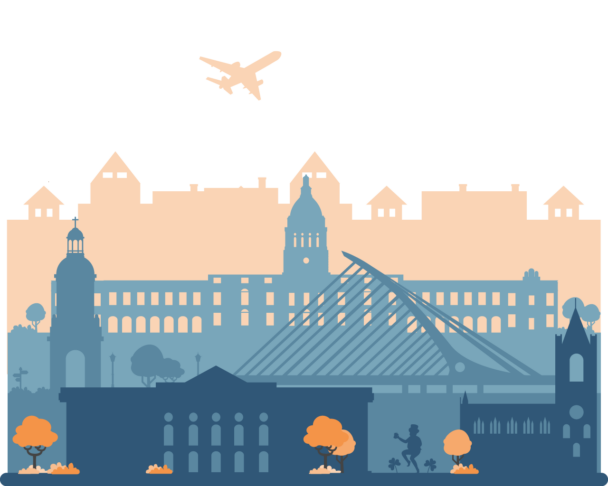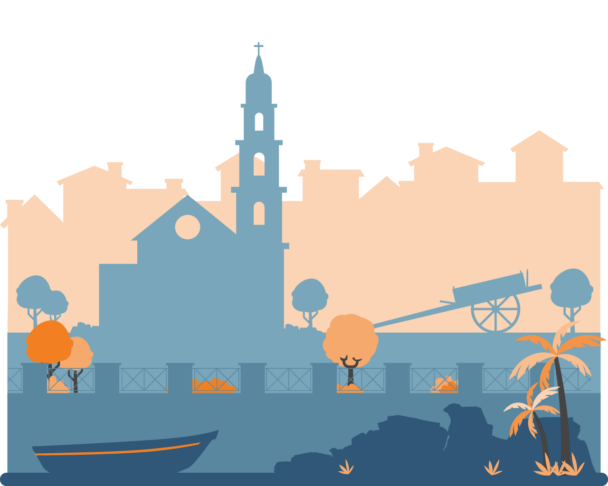Description
Our society is becoming faster and faster, and more and more demanding. Within that, students seem to be every day less motivated to learn pure content and more in need of skills for building their life paths and professional careers. At the same time, teachers often feel they lack effective tools to educate nowadays’ learners and to deal with nowadays’ school curricula.
This course will guide participants in finding a “compromise” between the demands of school curricula, students’ motivations, and the need to develop their competencies.
Participants will inquire how theories can be connected to real life, how knowledge is incorporated into wide competencies, as well as what “competence” should mean in the educational domain. They will also explore features, examples, pros, and cons of various teaching methodologies.
They will also get involved in many practical activities to design lessons with Task-Based Learning, Project-Based Learning, and the Flipped Classroom. In addition, they will get ideas on how to possibly incorporate visual resources to introduce some topics, as well as on how to assess students during the learning process with the use of rubrics.
By the end of the course, participants should be more familiar with the concept of competencies in nowadays’ education. They will feel more creative in finding tailor-made solutions using tools such as task-based learning, project-based learning, the flipped classroom, and the visual thinking strategy.
In addition, they will take away lesson plans and activities with the aim of making subjects more relevant, meaningful, and useful for students’ lives and careers.
No prior knowledge about those specific topics is required from participants.
What is included
Learning outcomes
The course will help the participants to:
- Become more confident in incorporating 21st-century skills within their teaching goals;
- Guide students in grasping the meaning and relevance of certain subjects at school;
- Design lessons through methods to teach both contents and skills;
- Appreciate the differences between different teaching methods: task-based learning, project-based learning, the Flipped Classroom;
- Construct tailor-made activities for students using those methods, based on the specific learning goals of the subject.
Tentative schedule
Day 1 – An introduction to 21st-century skills
- Introduction to the course, the school, and the external week activities;
- Icebreaker activities;
- Presentations of the participants’ schools;
- Issues, challenges, and opportunities in nowadays’ schools;
- Introductory Case Study.
Day 2 – Boosting the learning processes with 21st-century skills
- Intrinsic and extrinsic motivation in learning processes;
- How to guide students in understanding the relevance of topics;
- Key Competencies for students and teachers;
- “Something”-based learning.
Day 3 – Project-Based Learning
- Task-based learning;
- Project-Based Learning;
- Examples;
- How to exploit, and how to build lessons with those methods.
Day 4 – PBL & flipped classroom
- Sharing ideas for manageable project-based activities in our schools;
- The Flipped Classroom: what it is, pros and cons;
- Examples of Flipped lessons and topics to flip.
Day 5 – A Flipped lesson plan
- A flipped lesson plan;
- Formative and summative assessment, rubrics.
Day 6 – Course closure and cultural activities
- Course evaluation: round-up of acquired competencies, feedback, and discussion;
- Awarding of the course Certificate of Attendance;
- Excursion and other external cultural activities.








